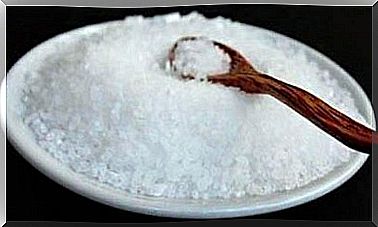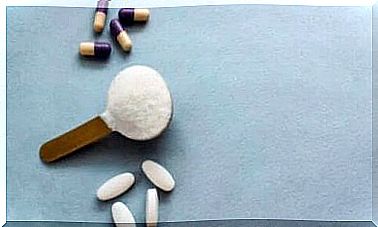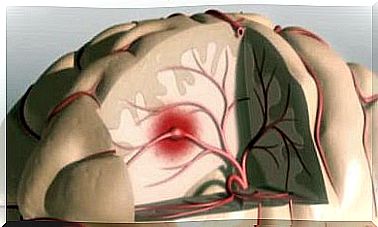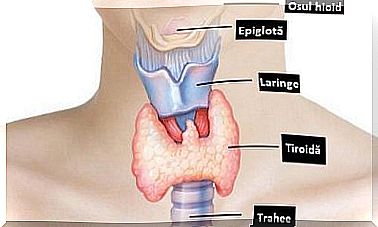Who Are The People Prone To Vitamin D Deficiency?
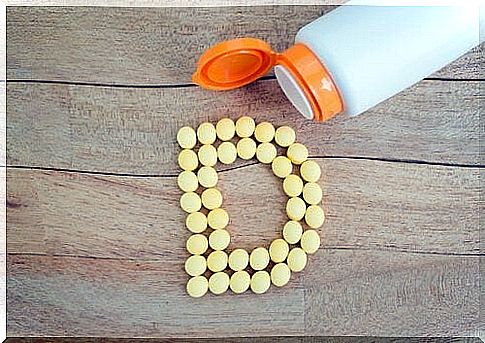
The human body needs vitamins and minerals to perform its functions properly. But sometimes certain nutritional deficiencies can occur, including vitamin D deficiency. People prone to vitamin D deficiency may have problems with several organs or regions of the body.
Find out what happens when your body does not have enough vitamin D!
What is vitamin D?
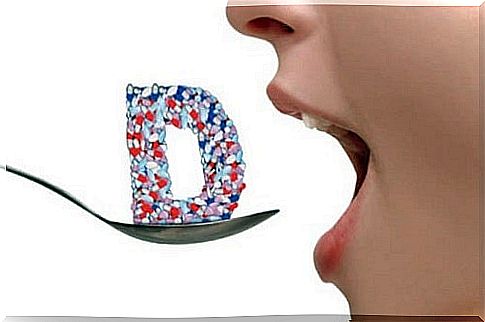
This fat-soluble vitamin is stored in the body’s adipose tissue. Its role is to facilitate the absorption of minerals such as calcium and phosphorus. They are necessary for the bones to be strong and to develop harmoniously, especially in childhood.
If you have a vitamin D deficiency, you increase your risk of experiencing structural damage to bones and tissues. Without this vitamin and the minerals whose absorption makes it possible, the bones become fragile. If the bones are very fragile, you risk experiencing severe fractures.
Where can we get vitamin D?
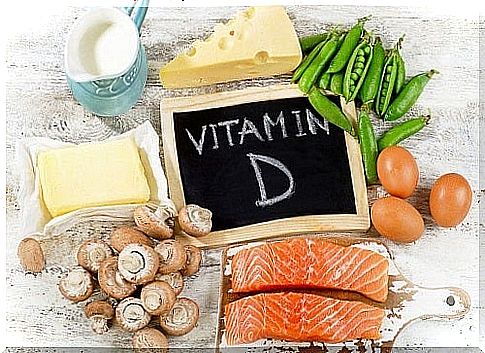
We have several ways to get vitamin D. In the following, we will present the main sources of vitamin D.
- In order for our body to produce vitamin D naturally, we need to expose ourselves to the sun. This is one of the best ways to meet our daily needs.
- Fatty fish are a wonderful source of vitamin D. This category includes tuna, salmon and mackerel.
- Other foods rich in this nutrient are liver, egg yolk and cheese. However, they do not have a significant content.
- And mushrooms provide vitamin D. In fact, their level of vitamin D is very high due to prolonged exposure to ultraviolet rays.
As mentioned earlier, sunlight is the main ally in obtaining vitamin D. If the level of this nutrient in your body is not enough, check how much you are exposed to the sun.
Few foods have significant amounts of vitamin D. Therefore, deficiencies should be treated with supplements.
How much vitamin D do you need depending on your age?
It is essential to have an optimal level of vitamin D at every stage of life. To be healthy regardless of age, here’s how much vitamin D you need to eat daily:
- Newborns (up to 12 months): 400 IU
- Children from 1 to 13 years: 600 IU
- Adolescents from 14 to 18 years: 600 IU
- Adults from 19 to 70 years and pregnant or breastfeeding women: 800 IU
Who are the people prone to vitamin D deficiency?
1. Infants

Infants may have a vitamin D deficiency. Breast milk does not contain enough vitamin D, which is why babies need a supplement of 400 IU once a day.
2. Elderly or dark-skinned people

Due to the passage of time, the skin of the elderly can no longer produce as much vitamin D when exposed to the sun. At the same time, the kidneys of the elderly are beginning to lose their ability to convert this nutrient into its active form.
Also, the skin of people with dark skin produces less vitamin D at any age.
3. People with kidney or obesity problems

In obese people, excessive body fat can prevent vitamin D from circulating from the skin to the blood.
People with chronic kidney disease also have trouble assimilating this nutrient properly.
4. People taking certain medications
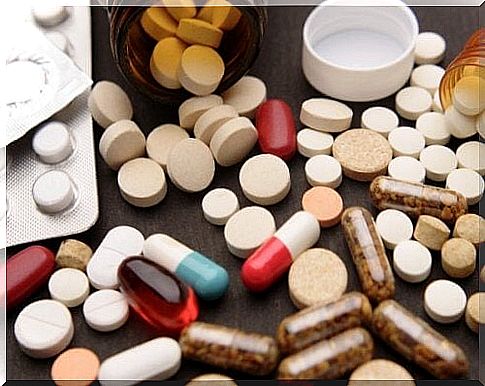
Certain medicines may affect the absorption of vitamin D. These include:
- Anticonvulsants and antifungals
- Antiretroviral treatments for HIV (for which patients may need supplements)
Now that you know more about vitamin D, make sure you have your daily needs to protect your health!
